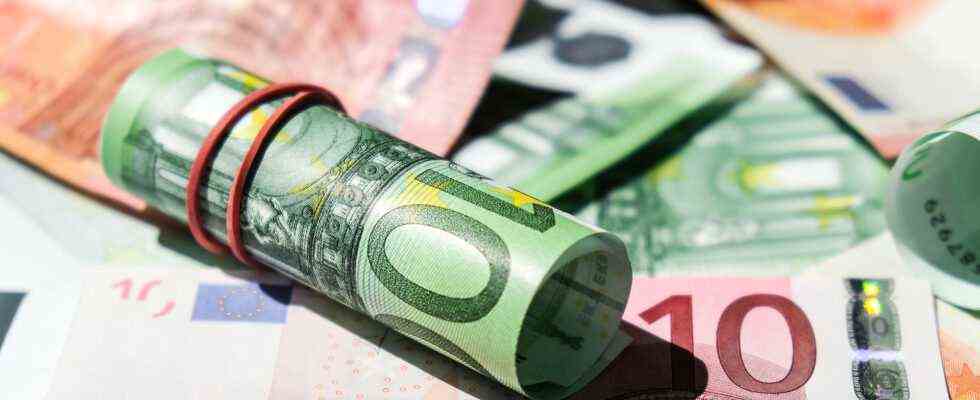Status: 01/06/2022 2:45 p.m.
Fueled by higher energy prices, the inflation rate in Germany rose to 3.1 percent in 2021 – the highest level since 1993. In December, prices rose by a further 5.3 percent.
Strong increases in energy prices, delivery bottlenecks and the reversal of the temporary VAT cut have pushed inflation to its highest level in 28 years in 2021. According to an initial estimate by the Federal Statistical Office, the rate of price increase last year was 3.1 percent. The authority had last measured a stronger increase in consumer prices on an annual average in 1993 at 4.5 percent at the time. In the first Corona year 2020, the annual rate of increase was 0.5 percent.
Monthly inflation rate at its highest level in almost 30 years
In December alone, inflation in Germany rose by 5.3 percent compared to the same month last year, according to the Federal Statistical Office. A higher rate of inflation was last calculated in June 1992 at 5.8 percent at the time. Analysts were surprised by the renewed rise in inflation in Germany. They had expected a slight decrease in the inflation rate to 5.1 percent.
In November, the monthly measured inflation rate for the first time since the reunification boom in the early 1990s exceeded the mark of 5.0 percent at 5.2 percent. With the European calculation method (HICP), however, there was a decline in the inflation rate. Here the Federal Office reports an annual rate of 5.7 percent for December, after 6.0 percent in November.
Subsidy for recipients of housing benefit in planning
Higher inflation weakens the purchasing power of consumers because they can then buy less for one euro than before. According to economists, it hits poorer households particularly hard. Because they have to spend a large part of their income on essential goods such as housing or food. In the third quarter of this year, the increases in gross wages were completely eroded by high inflation.
The Federal Ministry of Construction is currently working to ensure that recipients of housing allowance receive an increased allowance for heating costs in the summer – in good time for ancillary costs settlement with the costs for the winter. Rising inflation rates are also bitter for savers. As a result, the bottom line is that savings with low interest rates lose their value. The German state is also losing billions because it has to pay significantly more for the construction of roads and buildings, for example.
Increased energy prices one of the reasons
Inflation in Europe’s largest economy was fueled last year primarily by the rapid rise in energy prices in the wake of the global economic recovery after the Corona crisis in 2020. Household energy rose by 18.3 percent within a year. The rise in food prices was also above average. The year-on-year increase was 6.0 percent.
At the same time, the withdrawal of the temporary VAT cut had an impact: the regular tax rates have been in effect again since January 2021, so goods and services have tended to be more expensive year-on-year.
In addition, there were material shortages and delivery bottlenecks as well as the introduction of the CO2 levy at the beginning of 2021 of 25 euros per ton of carbon dioxide that is produced when diesel, petrol, heating oil and natural gas are burned. Since the beginning of the current year, 30 euros per ton are due.

